Gayathri Prabhu’ memoir – If I had to tell it again – stays true to its title. It’s a repeated retelling – restorying – of the author’s life, in an attempt to find a common, acceptable truth between her own and her father’s.
Before I go further, I do want to state that when it comes to reading someone’s life, it’s not about “reviewing” the book for its literary merits and demerits, but more about sharing with others what it does to us emotionally and how we can use that for our own healing.
One of the hardest things to do is to tell our own story. Every family is duplicitous, with a facade that seldom match the interior tickings of messy relationships. As a child, I myself felt confused about this – I could see my parents actively build this facade, while keeping the innards hidden. I used to think – if you know it’s worth hiding, why do it at all?
And from a similar position, Gayathri starts. Her memoir is a largely a dialog between herself and her imagined father, now deceased. The struggle as I see it is one of finding the truth, while acknowledging its absence. Whose truth wins? There is the truth about the kind of person he was, the kind of father he was, the kind of husband, author, poet, provider. And his legacy to his community and children. Did he pass on to her his values as a generous, loving community figure? And what about his alcoholism, deep clinical depression, and the consequences of physical abuse and narcissism that formed the bond between them?
The question, despite his failings, isn’t one of love. I never sense that he didn’t love his children – though how he showed it certainly seems questionable to an outsider looking in. This book is not intended to criticize her father. It’s about a daughter trying to understand the ways in which her father loved her, left a mark on her, is tied to her, and the ways in which she is him, despite everything.
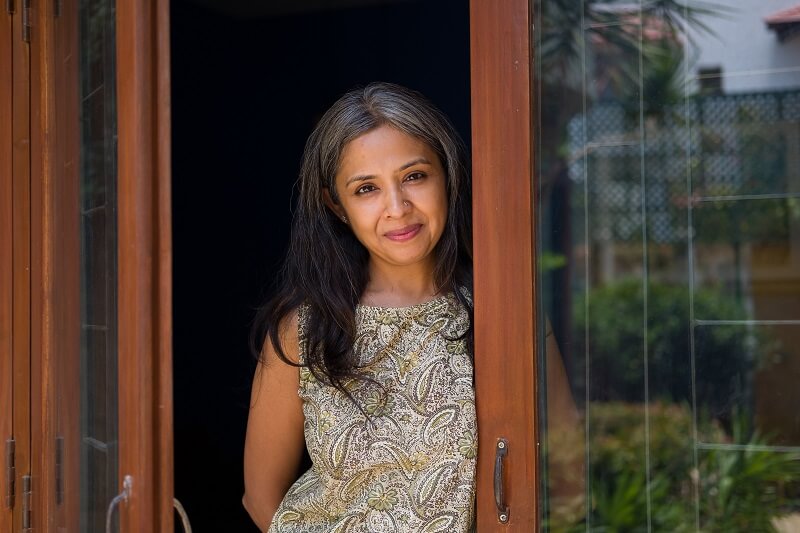
She compares memories and versions, and talks about only those where she couldn’t believe, especially as a child, that her father overlooked her existential life. This is bizarre to read for most, but to the child of a narcissistic and/or abusive parent, it will make complete sense. The child’s emotional life, fears, joys are all in service of the parent and are only important if they fulfil their parents’ needs. The child suffers for you for life, even in and beyond your death.
The book reads much like what I imagine Gayathri’s feelings were – straining to be distant from the passing scenes of her life, jumping from memory to memory, trying to make sense of it all, all the while still struggling with her own demons, her life, marriage, and of course, Chinna.
A significant part of the book is dedicated to Chinna – the pet dog, one who plays kept Gayathri loved, safe and alive. For me, all her confusion, the distance, the “truth” of her relationships – they all disappear when writing about Chinna. Their relationship, the love and pain, are all palpable and the most real part of the book for me.
There are a lot of things I would like readers to know about this memoir, but for this platform, I would recommend reading it to borrow courage. It will never be the case that we all find it possible to write publicly or even privately about our lives. Few find the space and support to explore their lives. But it is possible for so many of us to silently find strength from the works of those who do express themselves.
I would also caution the reader to find kindness. It is very easy to read the life of another and pass judgment on them and their families, and even easier to feel morally superior. But we all have a past, parts of which will shame us and bring pain to those we love when we talk about them openly. So we must applaud the strength of the author and her will in writing as she has.
Read also to know the child’s mind. The child who is beaten, sexually abused, living in constant fear, and blamed for everything not going right in the parents’ lives. Read to not be that parent, to not create that child. Don’t look for easy reading or elegant prose. In this book, you will meet the author’s confused thoughts, and maybe, these will help you feel encouraged to work through your own.

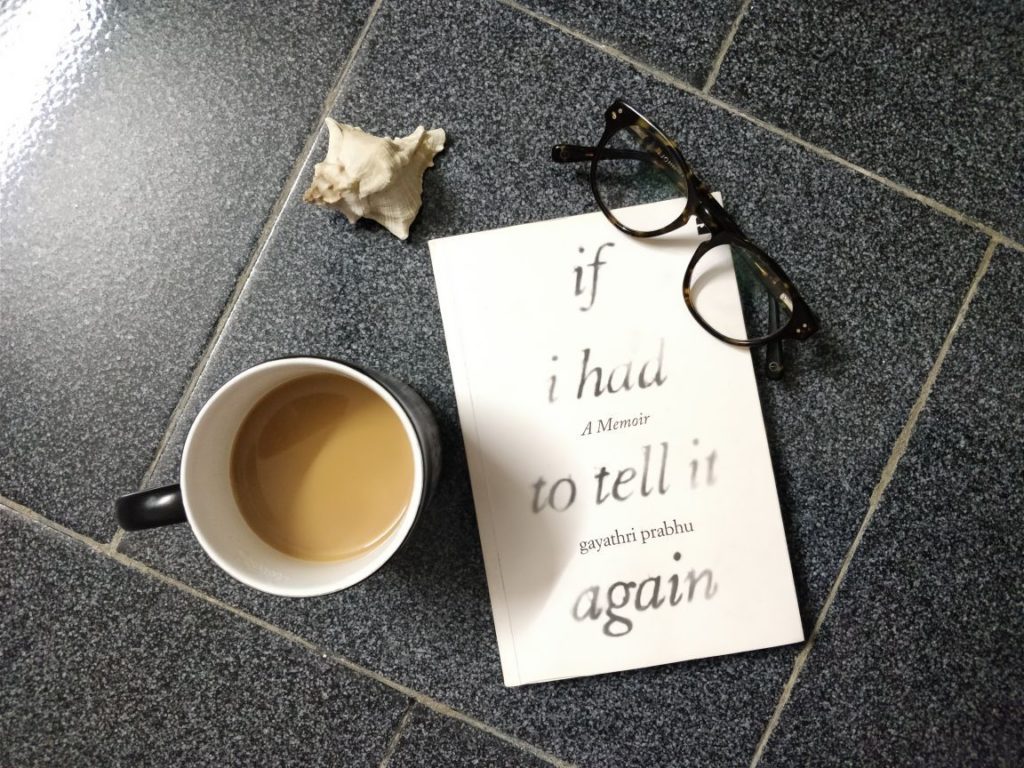
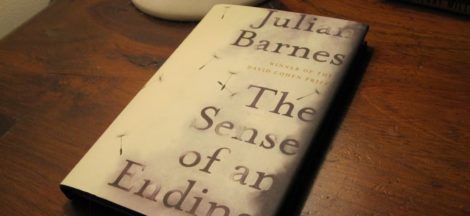
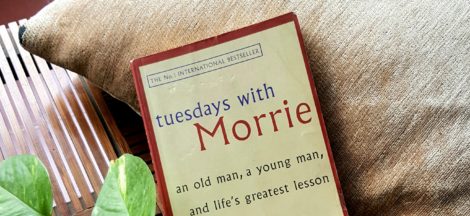

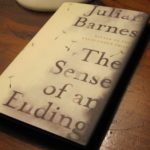 Book: The Sense of an Ending
Book: The Sense of an Ending